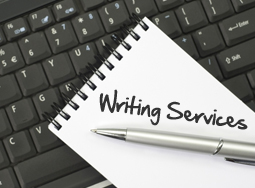Nothing comes easy to Lakeland public relations experts. They find a solution to a problem. They fix the problem by writing a good speech. They brief the speaker about what to do and what not to do. And yet the biggest problem remains: there is no guarantee that the audience will listen to you.
No matter how well-researched and well-written your speech is, people will choose to do what they want to do during their speech unless you somehow harness the power to grab and hold their attention.
Here’s what you need to do:
Start with a bang
Every book is judged by the first sentence. You know how Moby Dick starts with “Call me Ishmael”? It sounds inviting, almost as if the author is directly speaking to the reader. How about when Earl Spencer spoke during the funeral of his sister, Princess Diana?
He said, “I stand before you today, the representative of a family in grief, in a country in mourning, before a world in shock.” These opening lines make the audience lean forward and listen closely. They are curious where the speaker will take them. In this scenario, the speaker has already captured the attention of the audience.
Connect the story to them
Make the story about your audience. Connect the topic to the audience—their fears, their desires, their pleasures, their insecurities, etc. They need to feel the connection with the topic and they need to understand why this topic is important.
If your speaker is talking about the healthcare system, make sure that there are examples of a family struggling to get the proper medication and health aid. Make the topic human and connect emotionally.
Add visuals
Talking about budget cuts, fiscal policies, and the healthcare system is hard enough to quantify without a talking head in front of the audience. Make sure that you include visuals into the speech.
Do not just stand there and talk about numbers. People will get lost. Point to a board—to a graph, pie, and chart. The audience will understand the concepts and ideas better when they see something that supports the speech.
Get to the point
Though there should be drama and surprise in the beginning of the speech, never forget that the speech should get to the point as soon as you catch the attention of your audience.
If you prolong their agony by making them listen to a never-ending speech, they would lose interest and you’ll lose the opportunity to convert them, too.






